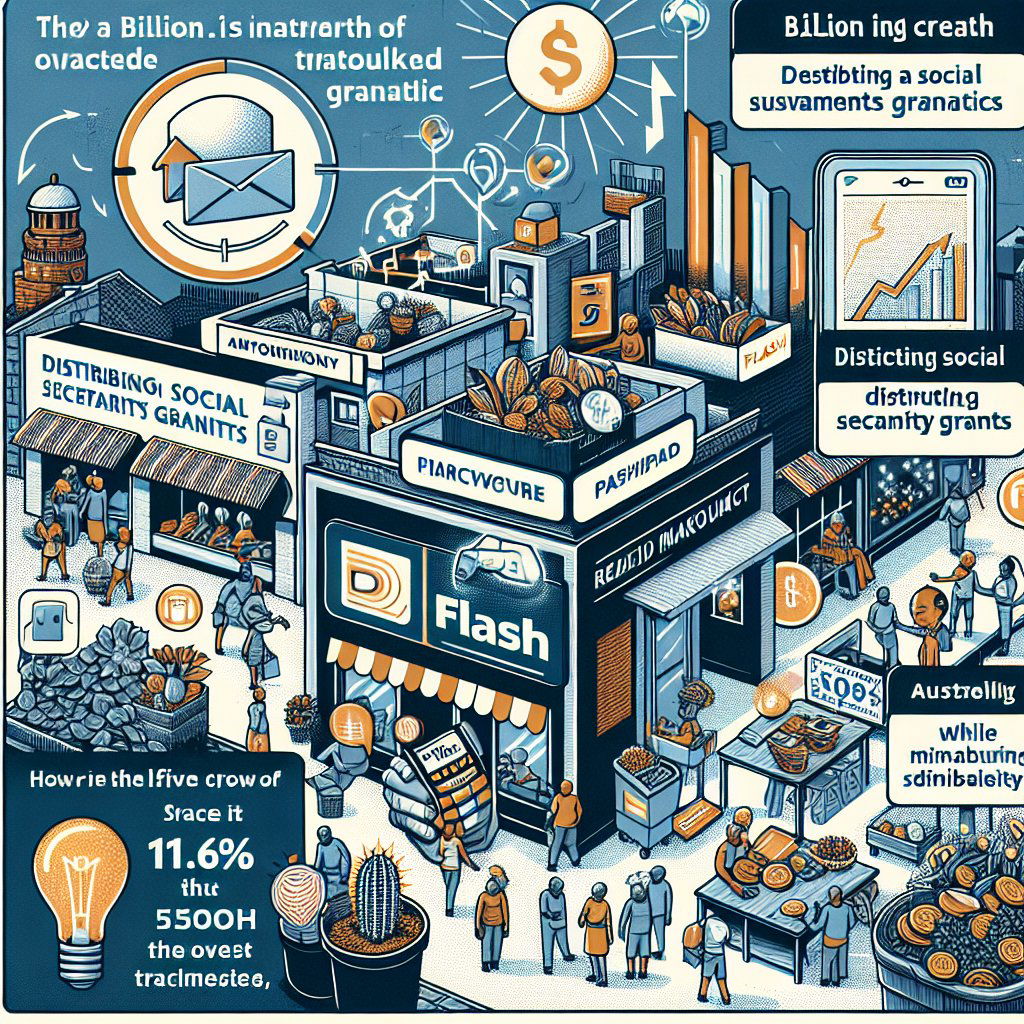Image: AI generated for illustration purposes
Pepkor's Flash Business Outperforms as it Digitizes Cash in the Informal Sector
South African retail giant Pepkor Holdings has reported a significant growth in its Flash payment system, underlining the pivotal role this fintech innovation has carved out in the informal market. Despite a challenging economy that has seen consumer spending power diminish, Flash has outshone its expectations, with a profitability increase of over 20%.
The JSE-listed conglomerate, in its latest annual report, detailed a substantial 11.6% upturn in the system's usage, equating to R37.1 billion worth of transactions, or "cash digitised." This increase reflects a proactive embrace by informal traders for an affordable and secure solution to manage sales, including airtime, data, electricity, and bill payments.
Unlike more traditional banking systems, Flash allows access to financial services for a demographic often overlooked by conventional institutions. It further broadens its societal impact by facilitating the distribution of South African Social Security Agency (Sassa) grants, thereby alleviating the burden on existing payment points and aiming to improve financial inclusion.
In an illuminating development, Pepkor accentuated the Flash system’s growth drivers. “The average throughput per trader across the [Flash] base increased by 11.3%,” Pepkor stated. With cellular base spend climbing by 4.7% and a marked improvement in SIM activation rates, these metrics suggest a robust trajectory for consistent revenue generation. Notably, "Aggregation turnover increased by 44.9% to R8.6 billion, driven by airtime and 1Voucher sales."
However, it should be noted that whilst Flash thrives, Pepkor as a group has faced some contraction. The broad economic environment has led to an 8.2% dip in the headline earnings per share (Heps) of 149.1 cents, albeit better than the 15.2% slide originally projected by the company. Operating profit also fell by 8.1% to R9.51 billion, despite a 7.7% revenue upturn to R87.40 billion and considerable operational cash generation.
A dividend of 48 cents per share has been declared, which while down by 12.9% relative to FY2022's dividend, is an optimistic sign of confidence given the group-wide earnings pressure. The market, though, indicated some disappointment — mirroring broader economic sentiments — with Pepkor’s share price ebbing by 1.8% just before midday on the day of the announcement.
Notwithstanding the hurdles, Pepkor has charted gains in certain areas. The Pep stores brand has posted strong like-for-like sales and uptake in market share, propelled by growth in the PAXI parcel distribution business. It's Ackermans brand also registered improvements, with the company highlighting strategic merchandise maneuvers and the successful introduction of a new teenage range, CUBE.
With the festive and back-to-school periods on the horizon, Pepkor is strategically poised to capitalize on the customary surge in consumer spending. However, concerns about logistical disruptions at South African ports and their upsetting effects on stock inflows remain top of mind.
Pepkor's management is perhaps cautiously optimistic as it navigates the juxtaposition of Flash's success against the backdrop of a broader economic slowdown. Determined to maintain momentum, it reflects a tenacious spirit of innovation and adaptability within South Africa's dynamic commercial landscape.










